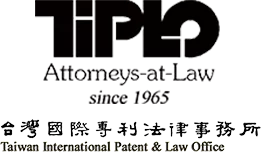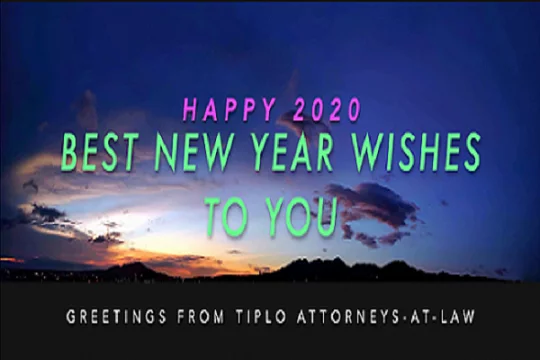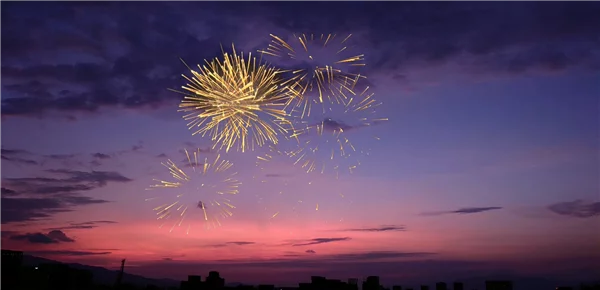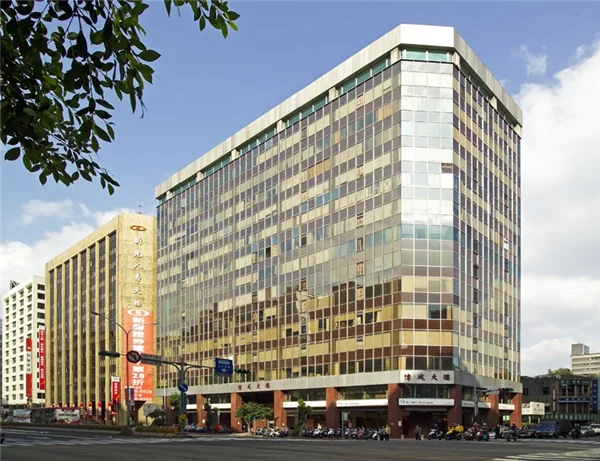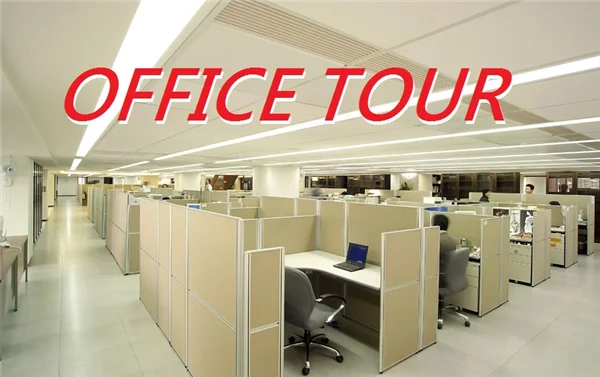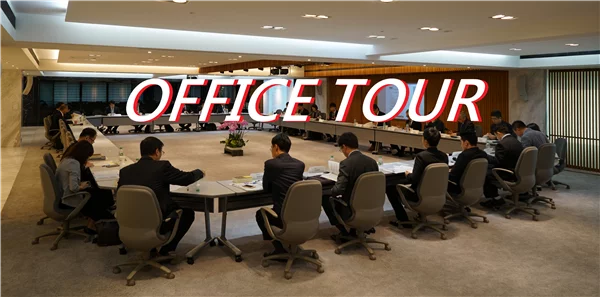Can Human Body Specimens Be Copyrighted? The Court and Prosecutor Hold Different Opinions.
E060909Y3 Oct. 2006(E83)
For the copyright dispute over the 6 human body specimens displayed in the “Body Exploration” Exhibition held in Taichung in 2005, the German doctor, Gunther von Hagens filed a complaint. To the complaint, Taichung District Prosecutors’ Office made a decision of non-indictment and the application for reconsideration of the decision was also rejected. The German doctor’s attorney subsequently applied for setting the case for trial and the court made a ruling setting the case for trial.
According to Taichung District Court’s ruling, as long as the disputed work is not one of the items “that shall not be the subject matters of copyright”, such disputed work is still under copyright protection; moreover, the prosecutor’s decision is inappropriate because the prosecutor held the assessment report issued by Economic Development Commission inadmissible but failed to pinpoint the errors therein nor appoint another recognized assessment authority to conduct assessment. Also, the ruling described the disputed six human body specimens as “obviously imitative”, “imitative”, “similar in nature and having the likelihood of imitation”, and the six human body specimens are the works of creativity and not in violation of public order and good morals. According to the district court’s holding, the prosecutor’s decision of non-indictment seemed inappropriate.
Taichung District Prosecutors’ Office in the bill of non-indictment and the Taiwan High Prosecutors’ Office, Taichung Branch in the dismissal of the application for reconsideration of the non-indictment consider human body sacrosanct, holding that the German doctor’s conduct of exhibiting human body specimens to gain profits is not allowed in Taiwan’s customs. However, in terms of the Statute Governing Dissection of Corpses of Taiwan, deceased human bodies are allowed to be buried and used for academic research but not to be disposed freely by the deceased’s family, let alone an economic means to gain profits.
The district court and the prosecutors’ office have different opinions on this case, while an indictment against this case is deemed to be initiated at the same time a ruling for setting the case for trial is made. (2006.9)
* The definition of “setting for trial”?
If the chief public prosecutor of the higher court or the public prosecutor general considered that an application for reconsideration is groundless, he/she shall dismiss the application. If the complainant disagrees with the ruling of dismissal, he/she may, within ten days after receipt of written ruling of dismissal, retain an attorney to make an application in writing, to the concerned court in first instance, for “setting the case for trial”. The ruling on the application for setting case for trial shall be determined by a panel of judges. Likewise, the court shall dismiss the application for setting case for trial if the application is considered illegal or groundless, or make a ruling setting the case for trial if the application is considered well-grounded. A public prosecution is deemed to be initiated at that time a ruling for setting the case for trial is made.
/CCS

